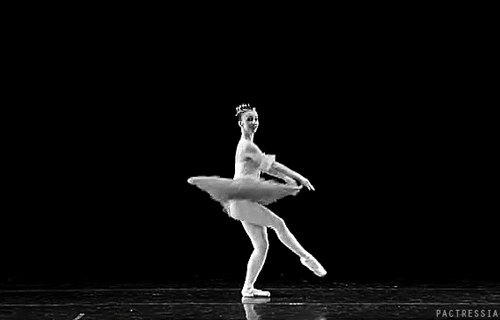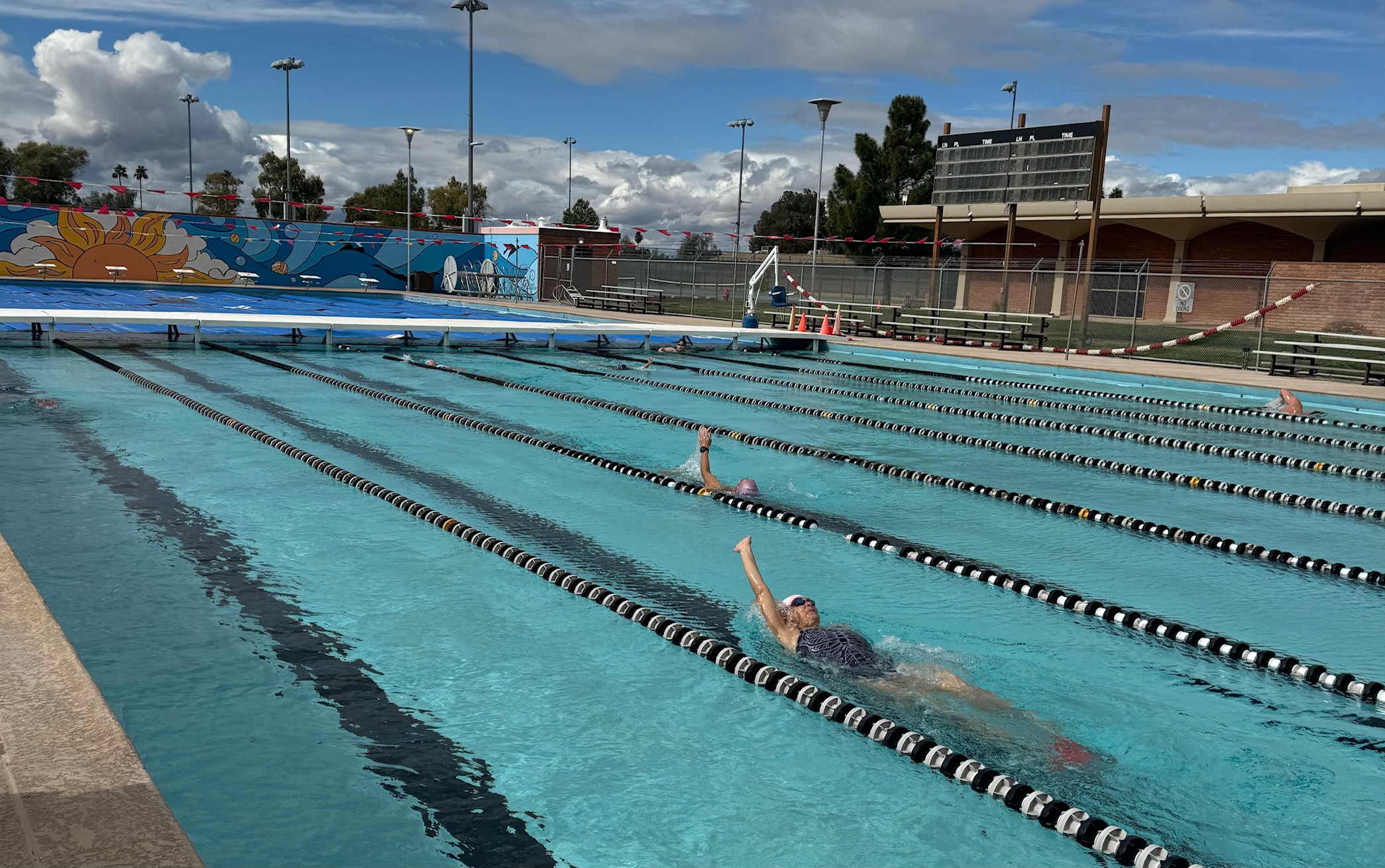I would like to present something that probably 90% of you already know about. But it was new to me when I heard it the first time. It’s called the hierarchy of competence. Like a progression of learning.

This revelation came to me when I was engaged with the Literacy Partner’s Project training in the summer of 2022, at Mesa Community College. The training introduced us to the notion of Threshold Concepts. These are ideas that we as discipline faculty know instinctually, but our students don’t seem to be able to grasp, despite the numerous ways we attempt to explain it to them.
The revelation for me was that from a faculty perspective, competence in a subject does not mean we are gifted in the ability to teach said subject matter. Oftentimes, we are so gifted that we don’t know what we know! One example is teaching using language or acronyms that people might not understand outside of our circle.
In college, my swim coach encouraged me to teach a swim class as a graduate assistant. “How hard can this be?” I thought. Translating how you unconsciously move your body into words is not quite as easy as one might imagine. At times I wanted to say “just do it, it’s easy!”
Fast forward about 30 years to my debut as a student in an adult ballet class…

Just kidding, that’s not me.
What I experienced was a master teacher teaching former ballet students, and ME! While clinging to the bar attempting graceful moves and other things I can’t pronounce, my mind drifted to my swim class at the GCC pool where swimmers come to me for guidance. I teach all levels…some cling to the ladder for dear life, some splash around in frustration, and others swim with ease while hoping for continued improvement.

What I realized was that I was being unconsciously competent as a teacher. It’s great if a student achieves the mastery of unconscious competence, but the teacher should not teach from that platform. I believe that it is more helpful if the instructor is teaching from the platform of consciously competent, or dare I say consciously incompetent?
Why? Two reasons. 1) We should assume the students are not understanding everything we say because some of what we say is coming from a place of mastery, and 2) because if the students see you as a master who does not have room to learn, they can not fully relax in your presence.
When I went back to teaching my swim class after humiliating myself through adult ballet, I came with a newfound appreciation for empathy and listening skills. Swimming does not come naturally to everyone, but everyone can learn to swim. When I can put myself in the shoes of a beginner, I can teach with a completely new and fresh mindset. If you are my student, I will learn from you. Life is a learning journey.
